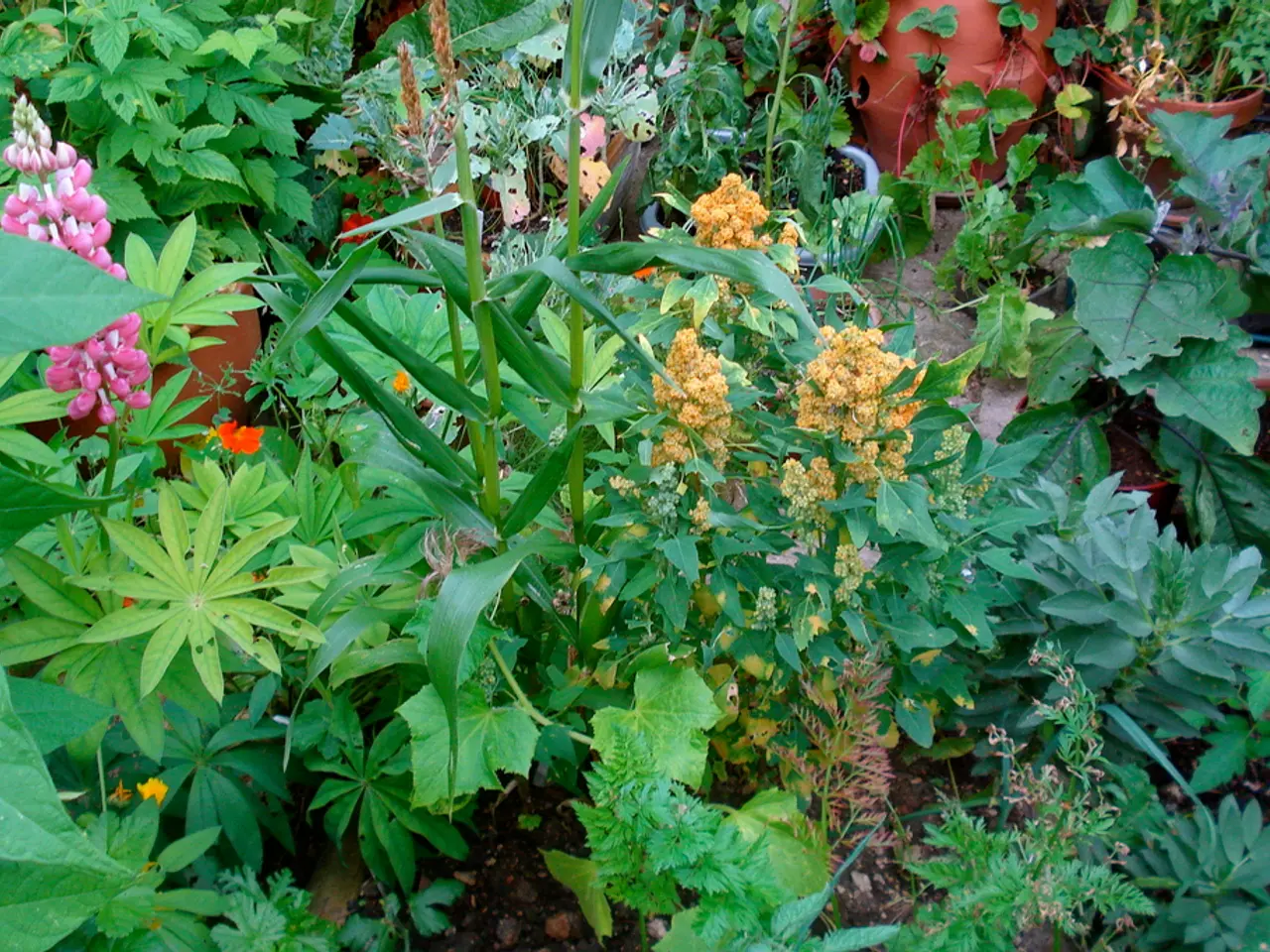Redefining relationships: let's abolish the term 'pest' and rename troublesome garden creatures with a more positive image
In the world of horticulture, a call to action is being heard. Organisations and media are recognising the drastic decline of insect populations and their potential impact on our planet, and they have an opportunity, if not a responsibility, to educate non-gardeners about the importance of these tiny lifeforms in our gardens.
The traditional labeling of insects as 'pests' or 'vermin' reinforces the idea that these creatures need eradicating. However, Cleve West, an award-winning garden designer, argues that gardens are not just for people. Many gardeners now see the value of wildlife, but there are many more non-gardeners who still look to horticultural websites for advice on dealing with 'nuisances'.
West suggests that by acknowledging and celebrating the myriad lifeforms that maintain balance in our gardens, we can foster genuine empathy and compassion, improving our relationship with nature. The Database of Insects and their Food Plants, a comprehensive resource that lists numerous and mind-blowing interactions between invertebrate herbivores and their host plants, supports this argument.
Pesticides remain widely used in garden centres and DIY stores due to their effectiveness, convenience, and economical benefits. However, their continued availability is not without controversy. Ongoing demand from consumers seeking quick and easy pest control, and regulatory frameworks that still approve many pesticide products, despite efforts for reduction and alternative methods, contribute to their continued use.
Regarding alternative terms for 'pest' that promote co-existence and respect for insects in gardening, language that emphasises balance and ecosystem roles is preferred. Rather than labeling insects as pests, gardeners and ecologists use terms such as 'beneficial insects', 'garden allies', 'non-target insects', 'inconvenient insects', and 'garden visitors'. Using framing such as 'balancing the garden ecosystem' instead of eliminating pests emphasises coexistence.
Such terminology fosters a respectful attitude toward insects, encouraging gardeners to support biodiversity and natural pest control methods rather than relying solely on chemical pesticides. If you're interested in exploring the intricate relationships between insects and their host plants, visit the Database of Insects and their Food Plants at dbif.brc.ac.uk. Perhaps it's time to stop using the word 'pest' and instead refer to these creatures as 'associates' or 'host for X, Y, and Z'.
- Cleve West, a renowned garden designer, encourages people to reconsider the role of insects in our gardens, stating that gardens are not exclusively for humans, but also for the numerous lifeforms that maintain balance.
- Many non-gardeners still seek advice on managing 'nuisances' from horticultural websites, reinforcing the traditional labeling of insects as pests.
- West suggests that by recognising and appreciating the varied lifeforms in our gardens, we can cultivate empathy and respect for nature, which could improve our relationship with the environment.
- The widespread use of pesticides in garden centres and DIY stores remains contentious, despite their benefits, as it contributes to the decline of insect populations and the loss of biodiversity.
- In an effort to promote coexistence and respect for insects in gardening, the use of alternative terms such as 'beneficial insects', 'garden allies', 'non-target insects', and 'garden visitors' is encouraged, instead of labeling them as pests.






